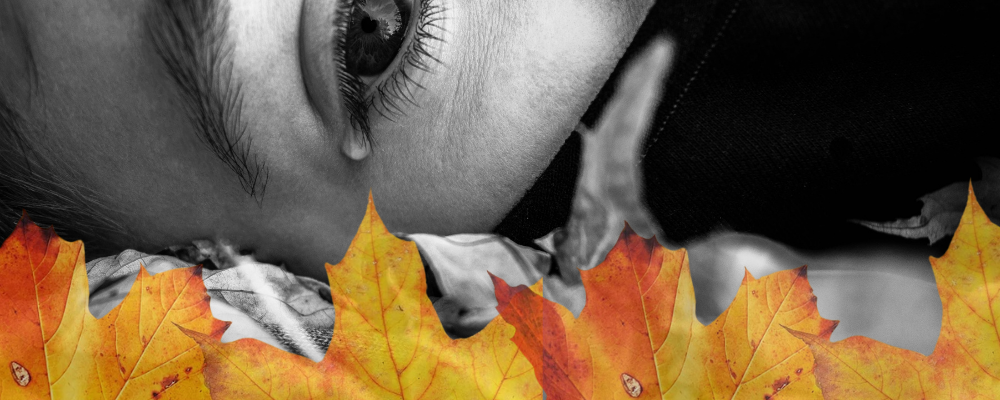Jalapeño Team
Posted on Sep 29, 2021
Break the Un-noticed, Complex Cycle of Trauma
You have a BIG responsibility!!!

If you live in Canada, regardless of your legal status, you have a big responsibility. You have a responsibility to ensure that the tragic history and ongoing legacy of residential schools are not forgotten and will never be repeated.
Many stories have emerged from Indian Hospitals in Canada, residential schools survivors; abut there are many more told and untold heart-wrenching stories in Canada’s past.
Today is a day to deeply reflect on how we got where we are, how we contribute to this tragic history, and how we play an important role in repairing the damage!
Reconciliation is not about assigning blame or feeling guilt (Joseph, 2018). It’s not about comparing loss or pain, and it’s not a single action, buzzword or box to be ticked (Joseph, 2018). Reconciliation is critical, multifaceted and the responsibility of everyone; it’s an ongoing process that works towards solidarity across the country (Joseph, 2018). It involves many things, including:
- Being compassionate and understanding about Indigenous People's past, and its effect on their present
- Acknowledging Canadian history (the good and the bad)
- Acknowledging negative perceptions and stereotypes
- Honoring treaties
- Acknowledging and respecting Indigenous rights and title
- Acknowledging the past (the good and the bad)
- Having respect (for people and their beliefs, cultures, traditions)


(Joseph, 2018)
We are all part of a system. Although today is not about assigning scapegoats or invoking guilt - it is critical every individual considers their contribution to our system. The dark history of residential schools and colonization hurt indigenous people badly. They are still being hurt with continued mistreatment, discrimination and pain today. This does not necessarily imply that everyone involved can exert equal leverage in changing the system. However, moving forward, we are not powerless as individuals in facilitating change. We can each do the following:
- Seek to understand (explore resources, learn about Indigenous history)
- Look inwards (explore and understand our own bias, stereotypes, life experiences)
- Look outwards (explore our social & familial circles, our workplaces and our environments - consider their biases, systemic racism, lack of inclusivity)
Take action on the above through the following steps:
- Stop and reflect before you speak and act, seek to understand, accept and overcome your bias
- Be curious, learn about Indigenous history, beliefs, experiences, challenges
- Speak up at home. Challenge your family and friends when you hear racist remarks, share facts and testimonials, be patient
- Speak up at work. Challenge your workplace policies and procedures when you notice indirect racism, seek professional development opportunities such as Indigenous Cultural Safety, suggest and share resources with your colleagues
Remember that reconciliation can be unsettling and full of struggles. It is a bumpy journey and it requires mutual effort, YOUR effort. So, it is time to roll up your sleeves and join us in the life-long journey of building an inclusive and thoughtful Canada that we all are proud to call home!
You can take initial steps by utilizing the following resources:
- Joseph, B. (2018, 16 August). What Reconciliation Is And What It Is Not. Retrieved September 27, 2021, from https://www.ictinc.ca/blog/what-reconciliation-is-and-what-it-is-not
- San’yas Indigenous Cultural Safety Training: https://www.sanyas.ca/
- How To Get Involved: Reconciliation Canada https://reconciliationcanada.ca/get-involved/how-to-get-involved/
- UN Declaration on the Rights of Indigenous Peoples: https://www.un.org/esa/socdev/unpfii/documents/DRIPS_en.pdf
- Truth and Reconciliation Commission of Canada Calls to Action: Call to action: https://nctr.ca/about/history-of-the-trc/trc-website/
- 94 Calls to Action: https://www2.gov.bc.ca/assets/gov/british-columbians-our-governments/indigenous-people/aboriginal-peoples-documents/calls_to_action_english2.pdf
- On Canada Project: https://oncanadaproject.ca/settlerstakeaction
- A Brief Look at Indian Hospitals in Canada: https://www.ictinc.ca/blog/a-brief-look-at-indian-hospitals-in-canada-0
- Canadian Shame: A History of Residential Schools | Ginger Gosnell-Myers | TEDxVancouver: https://www.youtube.com/watch?v=U1EDbbse2BM
- Native Land Disclaimer: https://native-land.ca/
- Residential school survivors on the scars of abuse: https://www.youtube.com/watch?v=6OuTuTG5liQ
Source for this post
- Joseph, B. (2018, 16 August). What Reconciliation Is And What It Is Not. Retrieved September 27, 2021, from https://www.ictinc.ca/blog/what-reconciliation-is-and-what-it-is-not